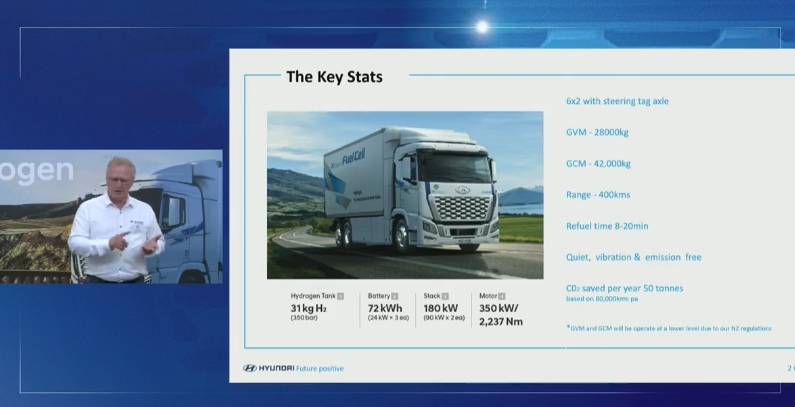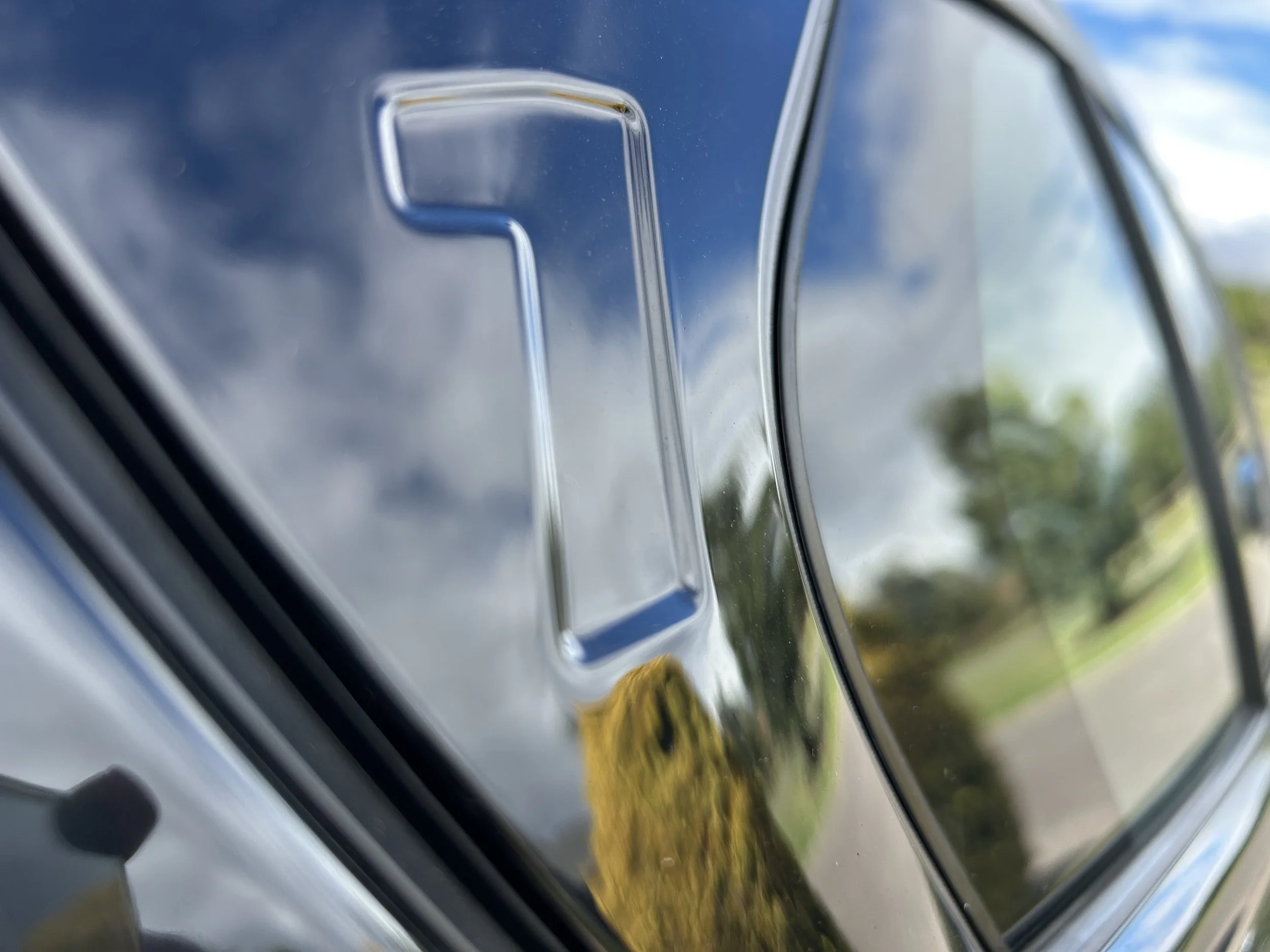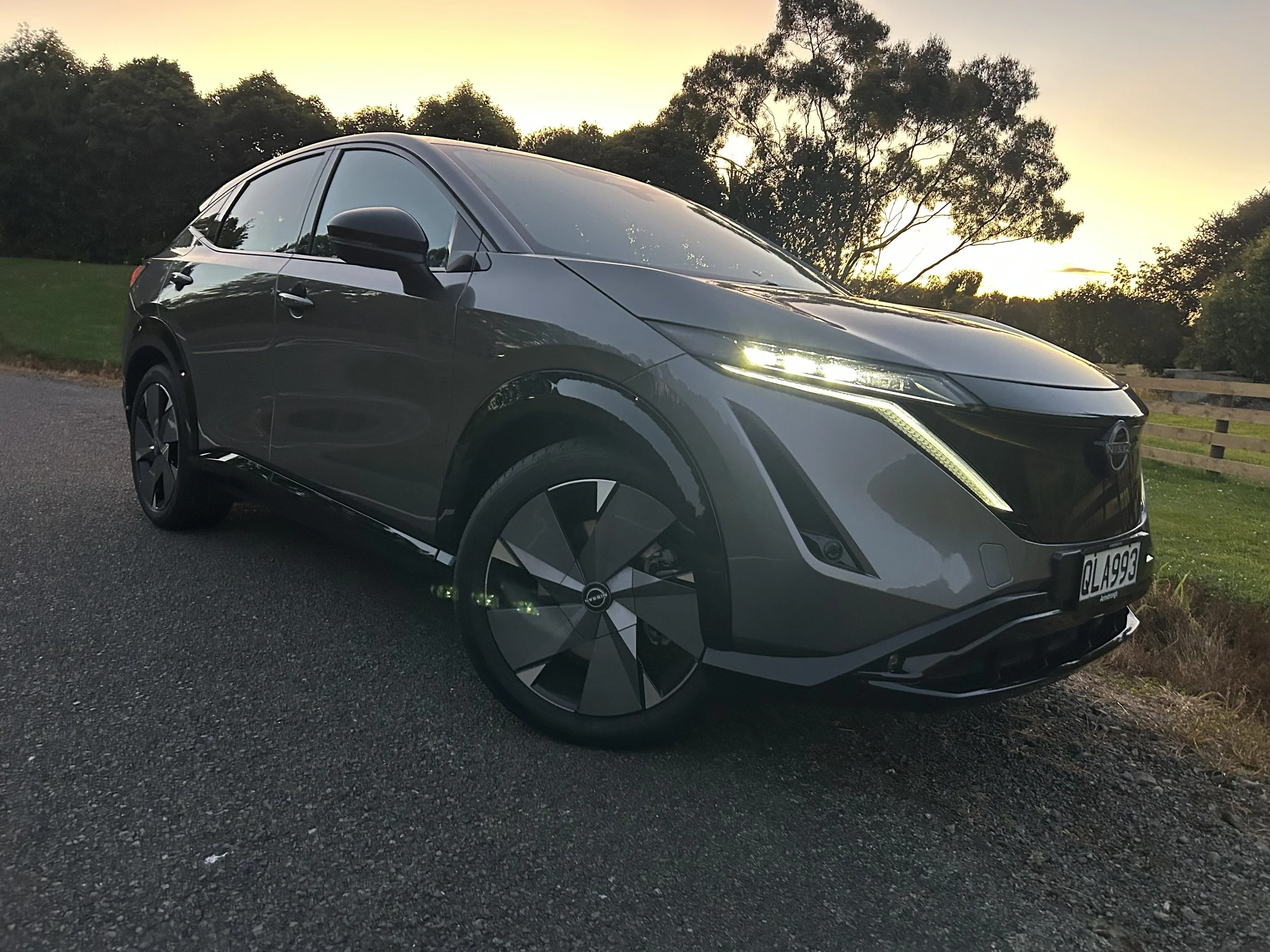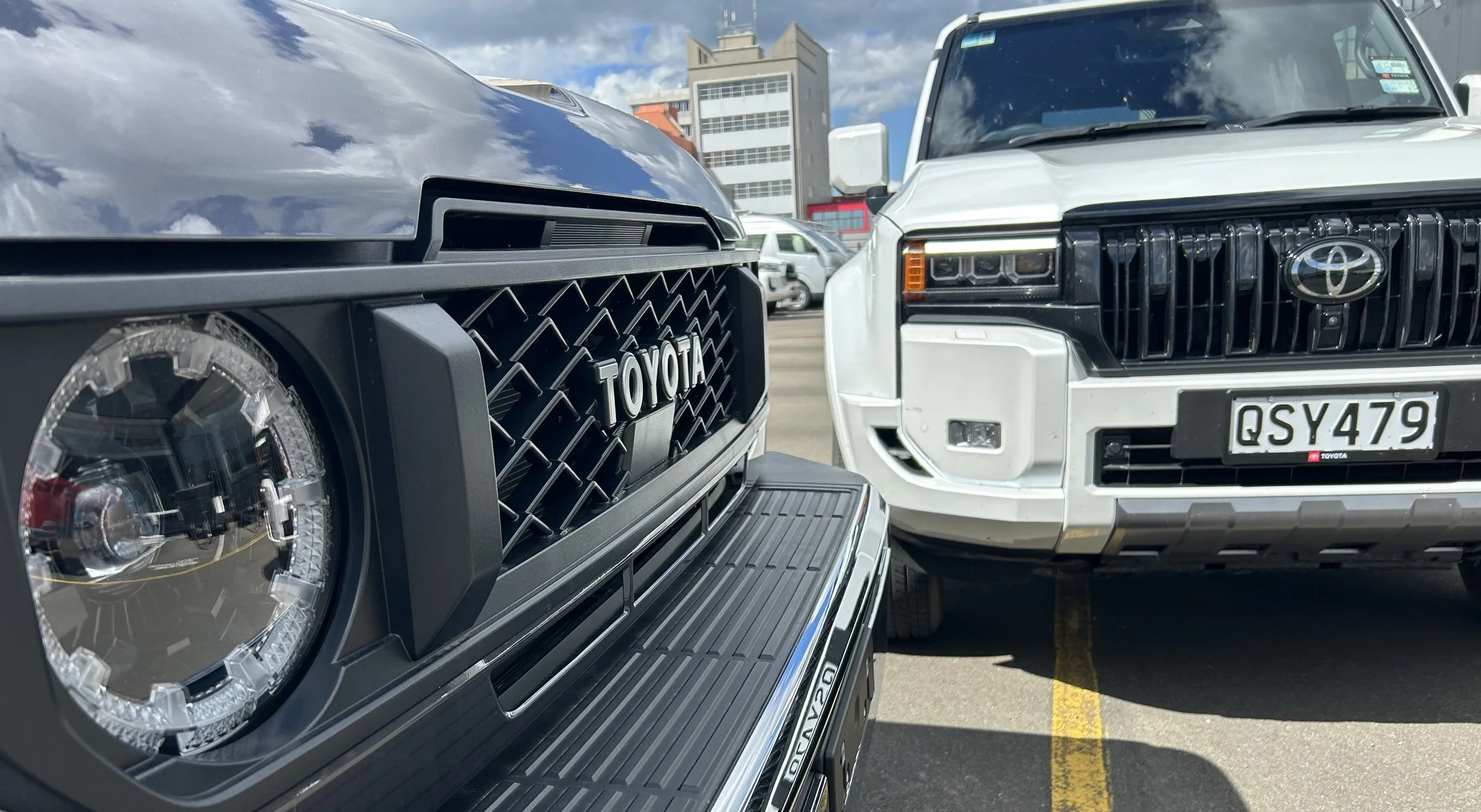Hyundai NZ goes heavy with hydrogen
/Fuel cell big rigs are the future, brand proposes, but commercial availability is still years away.
AFFIRMATION today that a trial of a hydrogen-fuelled Hyundai heavy truck on New Zealand roads will be a prelude to the type becoming commercially available has come with acknowledgement that that ultimate phase might not occur until 2030.
In an event to celebrate the arrival of the first of five Xcient trucks it intends to put into an intensive national test schedule kicking off in 2022, Hyundai New Zealand acknowledged that trial could well take eight to 10 years.
If that estimation proves accurate, then the technology will not be on sale until 2030 at the earliest – by happenstance also the year when Hyundai in South Korea estimates its fuel cell system reaches cost parity with battery power.
The NZ trial is a major event for Hyundai’s NZ distributor. Though it and another brand, Toyota, have fuel cell cars here, only the South Korean marque has a heavy truck.
Also, New Zealand is just the third country in which the hydrogen-dedicated model is so far being tested. The others are South Korea and Switzerland. The United States is to follow shortly.
Though NZ also stands out as the first right-hand-drive market for the vehicle, to get its programme under way, Hyundai NZ has taken a Swiss specification model.
Advocates for hydrogen face big challenges – one being that the technology has to overcome high costs for fuel cell stacks and hydrogen tanks that make the vehicles more expensive than those powered by carbon-based fuels or batteries.
Additionally, the supply of “green” hydrogen fuel sourced from renewable energy and water, or sourced from waste materials, needs to expand dramatically to ensure maximum carbon reduction.
However, the Government is an enthusiastic supporter of the proposal that hydrogen is a worthwhile future fuel, particularly – as Hyundai also believes – for heavy transport.
Hyundai also, of course, is now deeply involved in selling wholly battery-fed vehicles - it now offers the Ioniq 5, Ioniq and Kona full electrics - but sees no clash. It says hydrogen technology is better suited than battery electric trucks as a heavy-duty, reliable, future cost-effective replacement for diesel trucks, as the use of hydrogen rather than weighty batteries means they have longer range, shorter refuelling time and greater payload.
With cars, however, batteries tend to be a better solution. In any event, Hyundai here wants to meet both quarters – it believes that hydrogen-powered FCEV and traditional battery electric vehicles “will complement one another in the future as the country transitions to zero carbon.”
They do have a common link in any event, in that fuel cell and battery vehicles are both electric, sharing the same motors and many other components. The key difference is that batteries store electricity while fuel cells make it onboard as needed, in an electrochemical process that extracts electrons from hydrogen forced through fuel-cell membranes. Aside from electricity, the only by-product is water vapor.
The Xcient’s electric motor is run by two 90kW fuel cells supported by a small 72kWh battery pack. It has a range of 400kms, the distance between Auckland and Palmerston North. The truck carries about 36kg of hydrogen, contained across eight tanks. These sit across the back end of the truck as it presents now, but will relocate to the back of the cab when the vehicles are outfitted for cargo.
Hyundai NZ says the first of the trucks, which it demonstrated to media and Government and industry guests in Auckland today, will be on the road in the second quarter of next year, in a live field demonstration transporting “large volumes of goods commercially across NZ.” Four more trucks will be here before the end of next year.
The Auckland-based operation says it will work with local partners in the freight sector to determine where the trucks will operate regionally. This demonstration will give insights into how the trucks fit into timetables, capacity, maintenance schedules, refuelling, drivability and user-training specific to New Zealand.
As much as the Xcient’s technology is leading edge, Hyundai says it is about where battery vehicles were in the early 2010s and is working to make it better.
Last month the parent said it is readying a new fuel cell system, for cars and trucks, that will be twice as powerful, 30 percent smaller and half the cost of the current version.


















